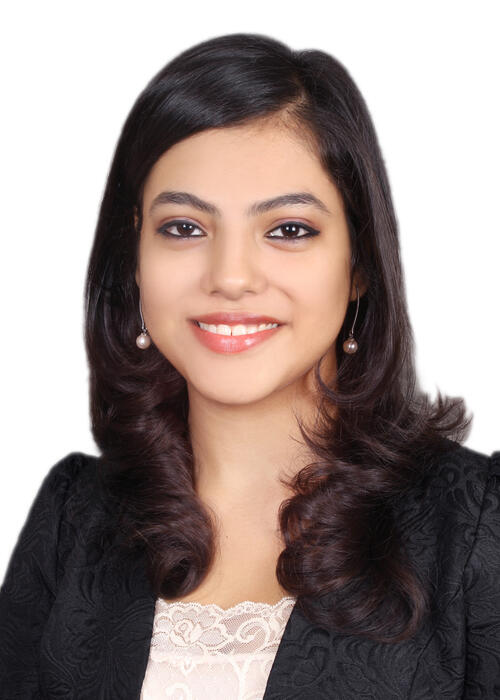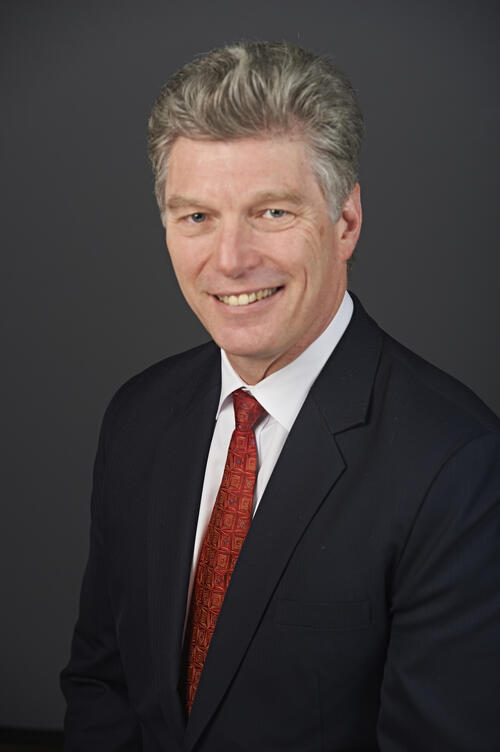Asia’s transformation presents both challenges and opportunities at international, regional, and domestic levels. One key to a peaceful, prosperous Asia in the 21st century is good relations between the United States and China. But other challenges exist: nuclear proliferation, maritime security, violent conflict, environmental degradation, natural disasters, food security, cyber-security, and social and gender inequality, among others. Social transformation is outpacing political and institutional reform in many Asian countries, and the widening gap between state and society is a potent force for change. How will Asians address these challenges over the next one to two decades? What role will Asian women play in this transformation? How should the United States respond? The panelists and the discussant have contributed answers to these and other questions regarding Asia’s future in the latest iteration of The Asia Foundation’s quadrennial investigation and dissemination of Asian views of America’s role in Asia, including policy recommendations for the Trump administration. Stanford’s Southeast Asia Program director Don Emmerson will chair the session.
Chheang Vannarith
is a co-founder and vice-chairman of the Cambodian Institute for Strategic Studies and an adjunct senior fellow and member of the board at the Cambodia Institute for Cooperation and Peace. He was a visiting fellow at ISEAS-Yusof Ishak Institute in Singapore, China Institute of International Studies in China, IDE-JETRO in Japan, and East-West Center in the US. He was a lecturer in Asia-Pacific Studies at the University of Leeds, and he served as executive director of the Cambodian Institute for Cooperation and Peace from 2009 to 2013. His research interests include Asia-Pacific international politics, regionalism, governance, social innovation, and social entrepreneurship. Chheang earned a bachelor’s degree in International Relations from the Diplomatic Academy of Vietnam in 2002, a master’s degree in International Relations from the International University of Japan in 2006, the Graduate Certificate in Leadership from the East-West Center in the United States in 2008, and a doctoral degree in Asia-Pacific Studies from the Ritsumeikan Asia Pacific University in 2009. He was honored as Young Global Leader by the World Economic Forum in 2013.
Sylvia Mishra is a researcher with Observer Research Foundation New Delhi and is presently with the James Martin Center for Nonproliferation Studies (CNS), Monterey, California. Her current research is focused on South Asian security issues and nuclear dynamics, India’s foreign policy, defence and security cooperation with the United States and disruptive technologies. She is a former CNS Visiting Fellow and Center for Strategic and International Studies (CSIS) Project on Nuclear Issues scholar. She has presented papers and delivered talks at national and international conferences and at platforms like the Comprehensive Nuclear Test Ban Treaty Organization, the United States Strategic Command, Air Force Technical Applications Center Patrick Air Force Base (Florida), Asia-Pacific Center for Security Studies and The Asia Foundation, among others. She has a number of publications to her credit, including chapters in books, articles in journals such as the Indian Foreign Affairs Journal, Global Policy, and commentaries/opinion pieces for CSIS, RUSI, The Fletcher Forum of World Affairs, Crawford School of Public Policy ANU, CNS, Stimson, The Diplomat, Hindustan Times and several other publications. She holds a master’s degree in History of International Relations from London School of Economics and has received a Certificate for completing a course on ‘International Safeguards Policy and Information Analysis’ from Lawrence Livermore National Laboratory.
Duyeon Kim is a visiting senior fellow at the Korean Peninsula Future Forum, a non-partisan think tank in Seoul, and a columnist for the Bulletin of the Atomic Scientists. Her specialties include East Asian security, the two Koreas, nuclear nonproliferation, and arms control. She has been an associate on nuclear policy and Asia at the Carnegie Endowment for International Peace and, earlier, a senior fellow and deputy director at the Center for Arms Control and Non-Proliferation in Washington, DC. Kim has written in leading publications including Foreign Affairs, Foreign Policy, and the National Interest. Previously, as a correspondent for South Korea’s Arirang TV News, she covered the Six-Party Talks, inter-Korean relations, and U.S. foreign policy, among other topics. Her degrees are from the Georgetown University School of Foreign Service (MS) and Syracuse University (BA).
John Brandon is the Senior Director of International Relations Programs in The Asia Foundation’s Washington, DC office. He has been responsible for many of the Foundation’s publications including Asian Views on America’s Role in Asia (2016). Trained as a Southeast Asianist, he lectures and publishes widely on US-Asian relations. Publications he has co-authored, edited, or contributed to include three books on Burma/Myanmar and one on US-Southeast Asia relations. His MA in political science and Southeast Asian studies is from Northern Illinois University.
This panel discussion is co-sponsored by The Asia Pacific Research Center and The Asia Foundation with support from The Carnegie Corporation of New York




